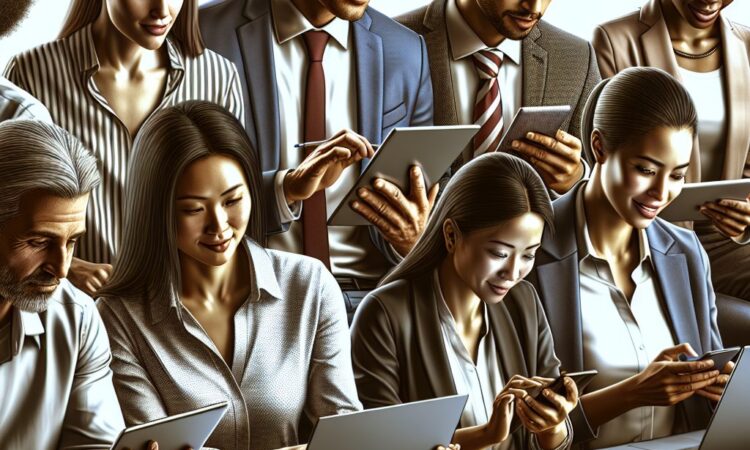The Future of Work
The way people work is changing rapidly, and the future of work is being shaped by a number of factors, including automation, artificial intelligence, and the gig economy.**Automation** is already having a major impact on the workplace, and many jobs that are currently performed by humans are likely to be automated in the future. This is particularly true for routine and repetitive tasks. For example, self-checkout kiosks have already automated many jobs in the retail industry, and robots are now being used to perform a variety of tasks in manufacturing and other industries.**Artificial intelligence** (AI) is another major technology that is transforming the workplace. AI is being used to develop new products and services, automate tasks, and improve decision-making. For example, AI-powered chatbots are now being used in customer service roles, and AI-powered software is being used to automate tasks such as data entry and fraud detection.The **gig economy** is another trend that is changing the way people work. More and more people are working as freelancers or contractors, rather than traditional full-time employees. This gives workers more flexibility and control over their work, but it also can mean less stability and job security.The future of work is likely to be a hybrid of these trends. Automation and AI will eliminate some jobs, but they will also create new jobs and opportunities. The gig economy will continue to grow, but traditional full-time employment will also remain important.Here are some of the specific ways that the future of work is likely to change:* **Remote work will become more common.** As technology makes it easier to communicate and collaborate remotely, more and more people will be able to work from home or other remote locations. This will give workers more flexibility and freedom, and it will also reduce the need for office space.* **Jobs will become more specialized.** Automation and AI will take over many routine and repetitive tasks, which will free up workers to focus on more complex and specialized tasks. This means that workers will need to develop new skills and knowledge in order to stay competitive in the job market.* **Lifelong learning will become essential.** As technology continues to change rapidly, workers will need to be constantly learning new skills and knowledge in order to stay ahead of the curve. This will require a commitment to lifelong learning and a willingness to adapt to change.The future of work is uncertain, but it is clear that it will be a time of great change and upheaval. Workers who are prepared to adapt and learn new skills will be the ones who thrive in the future workplace.## Footer**Perfect image for the post:**A photo of a diverse group of people working together on a project using a variety of technologies, such as laptops, tablets, and smartphones. The image should convey a sense of optimism and collaboration, and it should reflect the diversity of the future workforce.“`html“`

